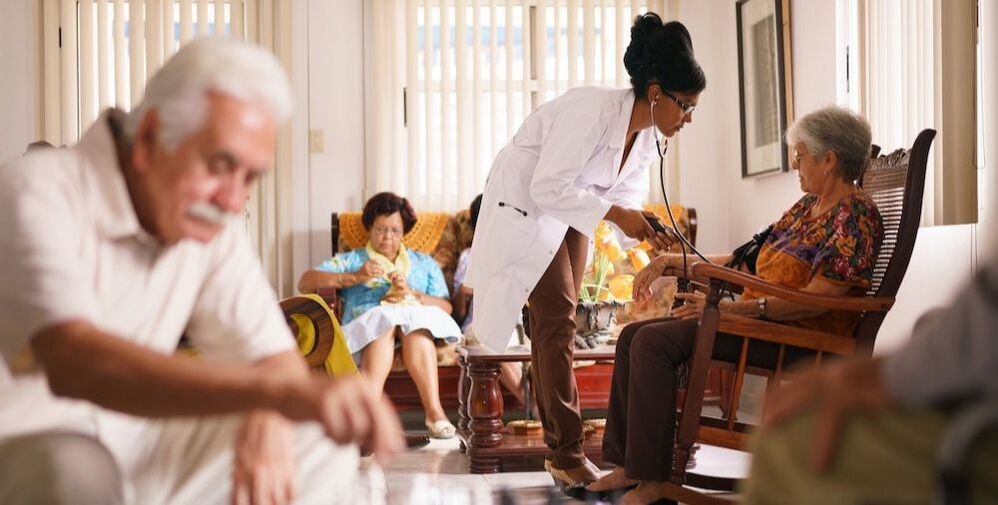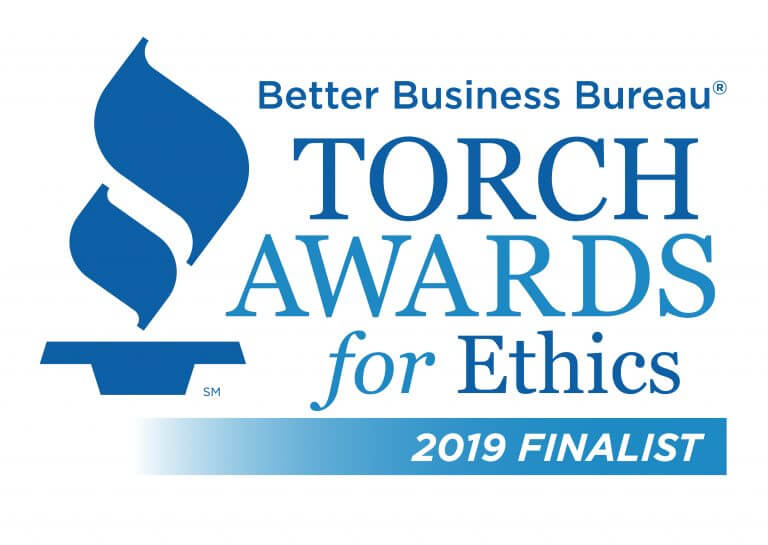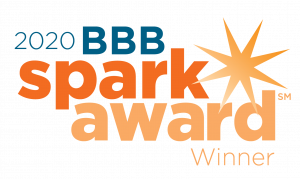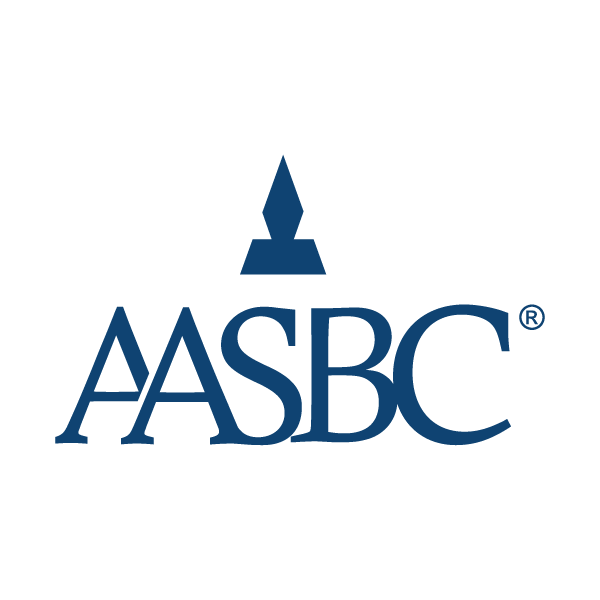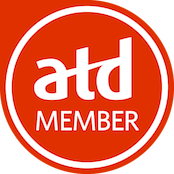|
Article by guest author Valli Brunken, MBA, BSN, RN, owner of Nightingale Consulting. This year has been pivotal for several reasons related to nursing in community based care, which absolutely includes how nursing care and nursing tasks are administered in the adult foster care home (AFCH) setting. Let’s review two issues that seem to be coming up over and over as of late when I’m in the field visiting homes and speaking to care home owner-operators. LPN Practice Hours in the Care Home Setting As most of you know, AFCHs are not required to staff with Registered Nurses (RNs) or Licensed Practical Nurses (LPNs). Some homes, however, are owned and operated by RNs and LPNs. I am frequently asked whether the hours LPNs work in the AFCH setting qualify for the hours required for re-licensure with the Oregon State Board of Nursing (OSBN). OSBN is very clear on this. According to the Nurse Practice Act in Oregon LPNs must be directly supervised by an RN when they are practicing. Additionally, in order for direct supervision to take place, the RN and the LPN must be working at the same place at the same time. So, if the AFCH’s owner/operator is an RN and the RN is present for the Nursing care the LPN is providing, then that should qualify as meeting the requirement for the LPNs hours for re-licensure. However, this is an unusual scenario. Typically, there is no RN present when the LPNs are working in the AFCHs. So the LPNs must stay in their roles as owners/operators or “unlicensed caregivers” operating within the restrictions of an unlicensed caregiver with or without RN delegations. Remember, in order to practice as an LPN and to count hours of care toward license renewal, LPNs must be directly supervised by an RN in every setting. No exceptions! If an LPN is an AFCH owner/operator but not working in an LPN capacity – that is fine, they can work in the role of owner/operator but those hours would not count toward renewing their nursing license. Remember, in order to practice as an LPN and to count hours of care toward license renewal, LPNs must be directly supervised by an RN in every setting. No exceptions! How does an LPN Owner & Operator keep their LPN license? I get this question quite a bit and there are several options for the LPN who is owner/operator of an AFCH.
Ultimately, I strongly recommend getting the BSN eventually because many settings are requiring it and you never know what you’re going to want to do down the road. It’s always best, in my view, to give yourself as many options as possible for maximum flexibility in your nursing practice. Here is a short list of some local programs in Oregon that offer LPN–to–RN Bridge Programs (these are not all-inclusive): It's always best...to give yourself as many options as possible for maximum flexibility in your nursing practice. Changes in the Oregon State Board of Nursing Rules on Delegations Effective August 1, 2022 the Oregon State Board of Nursing (OSBN) enacted new rulings regarding Nursing Delegations. The ruling changes regarding delegations are significant and all RNs are required to be compliant effective August 1, 2022. This is one RN’s interpretation and summary of the Rules on Delegations. However, please review all of the detailed information available on the OSBN website. Remember, the final interpretation and authority always rests with the OSBN. Summary of ChangesFirst, we can put in some order what has changed. There are standards that have been “moved” and/or “removed due to some duplication”, there are standards that have been “re-numbered” and/or “clarified”, and finally – there are standards that have been “changed” or “added." A high-level overview is offered here. Items “moved” or “removed due to some duplication” In my opinion, the most significant changes in this section are: The standard on rescinding a Unlicensed Personnel (UAP’s) authorization to perform a nursing procedure for a client based on the skill of the UAP, the longevity of their relationship with the client, and the client’s condition is removed. This means as of August 1, 2022, the RN may no longer rescind a UAP’s authorization to perform a nursing procedure for their client and then assign the performance of the very same nursing procedure to the same UAP. Prohibition of the delegation of the performance of intramuscular injections to a UAP is removed from the rules. This means as of August 1, 2022, the RN may consider for delegation the performance of an intramuscular injection to a specific UAP to perform for the purposes of the ongoing treatment or maintenance of a client’s chronic condition. Items “re-numbered” and/or “clarified” In my opinion, the most significant changes in this section are:
A new rule denotes the RN’s responsibility to document a recommendation that identifies how the client might continue to receive their ordered nursing procedure in the event the RN is no longer a member of the client’s health care team and the procedure remains ordered for the client. Under the revised rule number heading of Ongoing RN Evaluation of the Safety of the Delegation, the standards identify the RN’s responsibility to provide ongoing assessment of the client and their situation, and to provide ongoing supervision and evaluation of the UAP’s performance of the nursing procedure on the client. The clarified rules identify RN actions to be taken based on the RN’s assessment of the presenting situation. The assessment of the client must be documented and monitored on an ongoing basis by the RN. There is now a limitation of which RNs can delegate IV route. Only RNs who are employed by a licensed home health agency, a licensed home infusion agency, or a licensed hospice agency may authorize a UAP to perform intravenous (IV) medication administration that is ordered to treat a client’s chronic condition or infection. The new rules require RN-to-RN Handoff whenever delegation needs to change between RNs. This rule number identifies the decisions and actions required by the RN who hands-off nursing services provision and delegation process responsibilities for their client and a specific UAP to another RN. Standards under this rule number clarify the responsibility of the RN to hand-off only to an RN who is prepared to accept both the responsibilities of the hand-off and ensure the safety of the client. This is, perhaps, what I see consistently missing in the field. owner/operators should help ensure that that the law is followed, and when changing RN consultants make sure there is written evidence in your home of an RN-to-RN handoff. I have found the “Community Based Delegation Process – OSBNs Division 47” document to be the most helpful and I strongly encourage you to review it and even take the test to determine your own level of understanding. The information can be found HERE. There are some significant changes that went into effect on August 1st of this year, and it is paramount that RNs and AFCH owner/operators are aware of them in order to remain in compliance with the law. All are intended to protect residents/patients and ensure maximum safety in the delivery of community care. There are some significant changes that went into effect on August 1st of this year, and it is paramount that RNs and AFCH owner/operators are aware of them in order to remain in compliance with the law. All are intended to protect residents/patients and ensure maximum safety in the delivery of community care. Remember, this is only intended to be a high-level overview and a summary of what one RN feels is most relevant for the AFCH industry. There are many more aspects that you should be aware of. For detailed information please review links found directly on the OSBN Website. Of course, the final interpretation and authority regarding the practice of Nursing in Oregon always rest with the OSBN. As always, wishing you the very best in your endeavors as we continue to work together to make adult foster care homes in Oregon the first stop and the best stop for safe, effective, and compassionate care of our citizens who need our help.
0 Comments
Your comment will be posted after it is approved.
Leave a Reply. |
RECENT NEWSLETTERSBLOG Archives
September 2023
|
- About
-
Services
- Coaching or Consultation
- Dementia Care Support Services
- Pre-Purchase Assessment
- Pre-Remodel Inspection
- Open Your Home - Full Support
- Open Your Home - Complete Package
- Open Your Home - Existing Care Home
- Open Your Second Home - Essential Package
- Comprehensive First-Year Support Package
- Pre-Renewal Inspection Service
- Training
- Blog
- Podcast
- Resources
- Contact
About Oregon Care Home ConsultingOregon Care Home Consulting & Training is the compass that helps current and future APD adult foster care home licensees successfully navigate the licensing process and have a successful adult foster care home business. ORCHC provides coaching, consultation, training, and ongoing support. This ultimately saves time, reduces stress, and improves compliance, which allows AFH/ACH licensees to focus more time on providing excellent care to seniors and individuals with disabilities.
|
ContactOffice hours by appointment only
Oregon Care Home Consulting LLC 1500 NW Bethany Blvd., Ste. 200 Beaverton, OR 97006 |
terms_and_conditons.pdf
Disclaimer: Oregon Care Home Consulting LLC is not affiliated with the State of Oregon or Multnomah County Adult Care Home Program (ACHP). We are not State licensors, therefore we are unable to require compliance or guarantee your adult care home is in full compliance with current state and/or federal requirements. State and/or County licensors make the final determination of compliance. Additionally, we are unable to offer legal or medical advice, and no guidance provided by Oregon Care Home Consulting LLC should be construed as legal or medical advice. Always consult an attorney or doctor, when necessary.
HOME | ABOUT | TRAINING | SERVICES | CONTACT | PRIVACY NOTICE | TERMS
Disclaimer: Oregon Care Home Consulting LLC is not affiliated with the State of Oregon or Multnomah County Adult Care Home Program (ACHP). We are not State licensors, therefore we are unable to require compliance or guarantee your adult care home is in full compliance with current state and/or federal requirements. State and/or County licensors make the final determination of compliance. Additionally, we are unable to offer legal or medical advice, and no guidance provided by Oregon Care Home Consulting LLC should be construed as legal or medical advice. Always consult an attorney or doctor, when necessary.
HOME | ABOUT | TRAINING | SERVICES | CONTACT | PRIVACY NOTICE | TERMS
© 2018-2023 OREGON CARE HOME CONSULTING LLC. ALL RIGHTS RESERVED.

